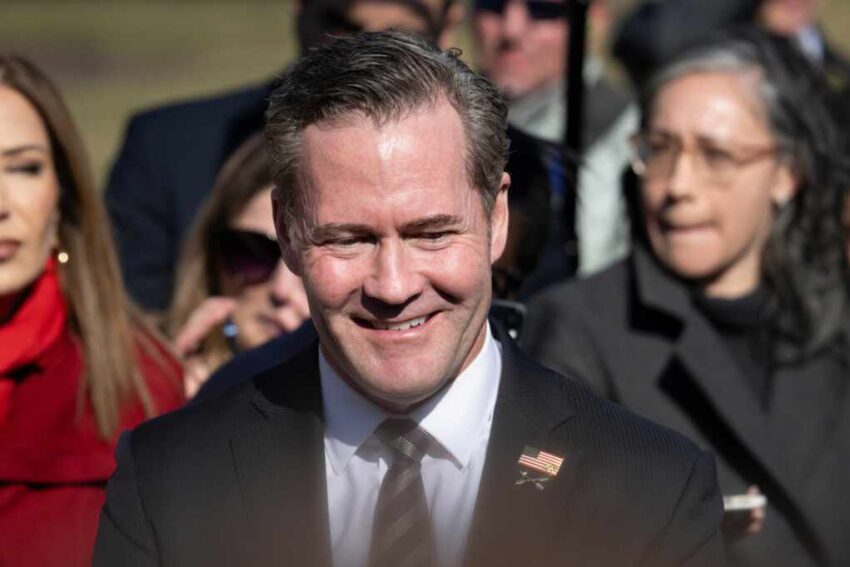Mike Waltz, Trump’s nominee for U.N. ambassador, heads into a brutal Senate confirmation hearing overshadowed by the explosive “Signalgate” scandal and deep partisan hostilities.
At a Glance
- Mike Waltz faces Senate confirmation for U.N. ambassador amid fallout from the “Signalgate” security breach.
- Democrats are poised to attack Waltz’s judgment, foreign policy stance, and his potential to damage U.S. credibility abroad.
- Waltz’s military record and diplomatic experience are central to the Trump administration’s case for his confirmation.
- The GOP’s Senate majority is expected to secure his confirmation despite political fireworks.
- The nomination battle underscores the deepening partisan divide over America’s global role.
A Scandal, a Leak, and a Senate Reckoning
Waltz, a former Green Beret and Trump’s ex-national security adviser, is attempting a political comeback after being ousted for mistakenly adding a reporter to a Signal chat discussing sensitive military matters. The misstep, branded “Signalgate,” forced his resignation and now threatens to derail his ascent to the United Nations post. Waltz’s nomination follows Trump’s strategic withdrawal of Rep. Elise Stefanik to protect the GOP’s narrow House majority, illustrating once again that political calculus often trumps pure qualifications in Washington.
Watch a report: Senate braces for Waltz confirmation fireworks.
Democrats are gearing up for what they’ve promised will be an exhaustive interrogation. Senator Tammy Duckworth has already questioned Waltz’s competence, while Senators Chris Coons and Jeanne Shaheen are expected to press him on U.S. policy toward Ukraine, China, and controversial funding for the United Nations. As CBS News reports, the hearing is anticipated to be a high-profile clash over national security competence and foreign policy doctrine.
America First Versus the Global Establishment
Republicans are rallying behind Waltz, framing the hearing as a politically motivated spectacle aimed at discrediting the “America First” doctrine. Waltz has pledged to replicate the assertive approach of prior Trump-era diplomats like Nikki Haley, pushing for reduced U.S. contributions to the U.N. and confronting Chinese and Russian aggression. His backers argue that Waltz’s military background uniquely positions him to safeguard American interests on the global stage.
Yet Democrats—and their media allies—are amplifying “Signalgate” as emblematic of broader recklessness within Trump’s foreign policy team. They assert that entrusting U.S. diplomacy to someone with a history of security lapses is an unacceptable risk. The debate has reignited battles over Trump’s unapologetic rejection of multilateralism in favor of blunt-force diplomacy.
The Stakes: U.S. Power and Global Credibility
With confirmation likely under the GOP’s 53-47 Senate edge, Waltz is expected to weather the storm. Still, the process underscores just how polarized the nation remains over America’s role in international affairs. For Trump, seating Waltz completes his Cabinet and fortifies his foreign policy team ahead of the U.N. General Assembly. But for critics, it signals yet another erosion of standards in favor of ideological loyalty.
As the Senate prepares for its decisive vote, the outcome will echo beyond one nomination—it will determine whether the U.S. doubles down on Trump’s combative global posture or succumbs to the persistent drumbeat of partisan obstruction.
Click this link for the original source of this article.
Author: Editor
This content is courtesy of, and owned and copyrighted by, https://deepstatetribunal.com and its author. This content is made available by use of the public RSS feed offered by the host site and is used for educational purposes only. If you are the author or represent the host site and would like this content removed now and in the future, please contact USSANews.com using the email address in the Contact page found in the website menu.








